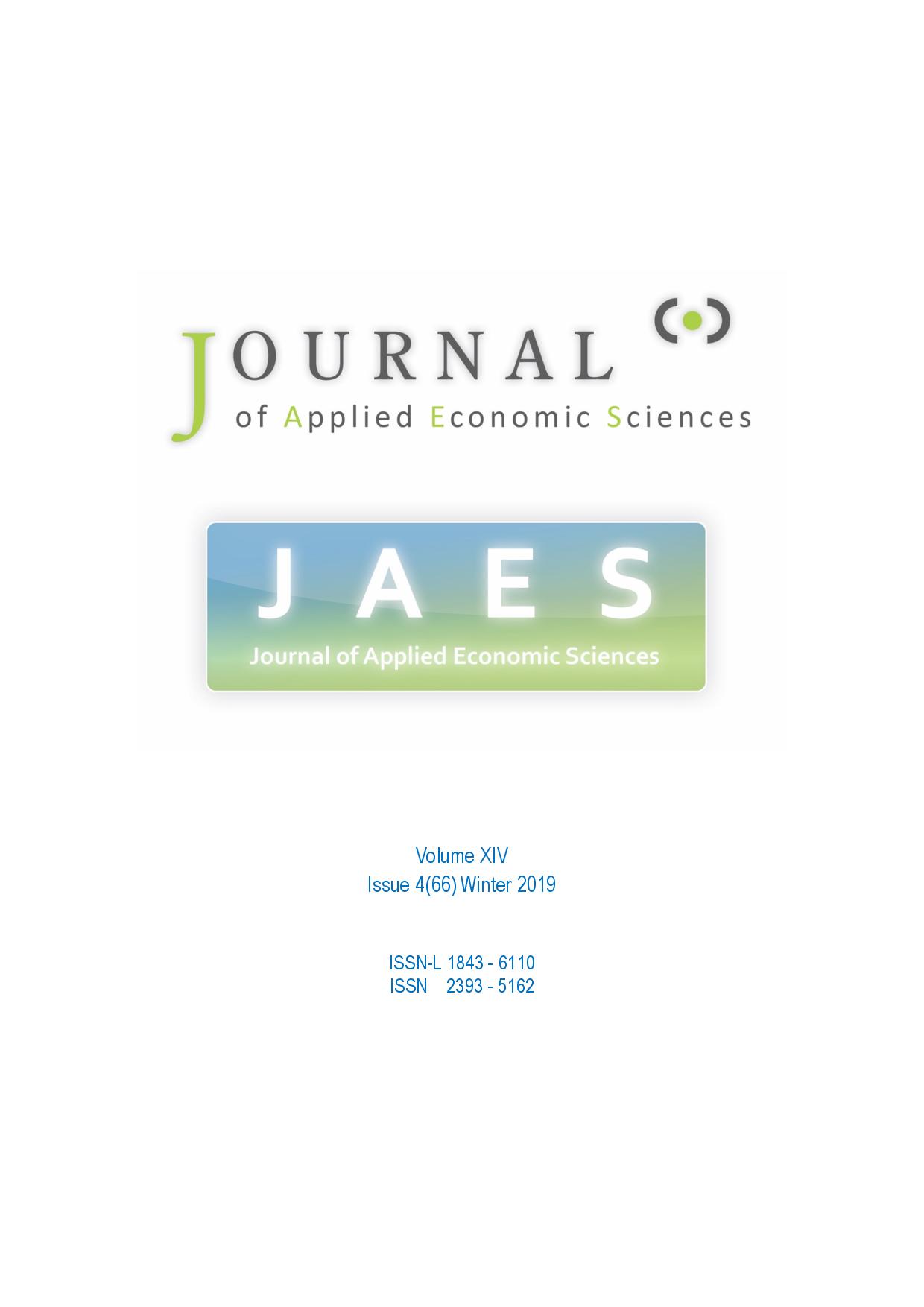Dynamic Influences, Government Debt, Subsidies on Fiscal Deficits in Indonesia
Dynamic Influences, Government Debt, Subsidies on Fiscal Deficits in Indonesia
Author(s): Teuku ZULKARNAIN, Yusri HAZM, Raja Masbar, . Aliasuddin, . NAZAMUDDINSubject(s): Economy, National Economy, Public Finances
Published by: ASERS Publishing
Keywords: government debt; subsidies; macroeconomic variables and fiscal deficits;
Summary/Abstract: This study aims to identify effects of government debt, subsidies and macroeconomic variables on fiscal deficits. Macroeconomic variables as inflation, exchange rates, and Bank Indonesia rates. Fiscal deficit is measured using the ratio of fiscal deficit GDP. This study uses time series data: 1975-2017. The ARDL model is used to identify short-term effects, while long-term effects are carried out using the Cointegration Long Run Bounds Test. From the ARDL test results, government debt, subsidy expenditure and macroeconomic variables have a significant effect on the fiscal deficit. Government debt now has a negative and significant effect on fiscal deficits. Subsidies have a negative and significant effect on fiscal deficits. Inflation and Bank Indonesia rates have a positive and significant effect on the fiscal deficit, while the exchange rate has a negative and significant effect on the fiscal deficit. The results of the Long Run Bounds Cointegration Test show that government debt has a negative and insignificant effect on the deficit. Subsidy spending has a positive and insignificant effect on the fiscal deficit. Inflation and the exchange rate have a positive and insignificant effect on fiscal deficits. Meanwhile, Bank Indonesia rates have a positive and significant effect on the fiscal deficit.
Journal: Journal of Applied Economic Sciences (JAES)
- Issue Year: XIV/2019
- Issue No: 66
- Page Range: 1092-1100
- Page Count: 9
- Language: English

